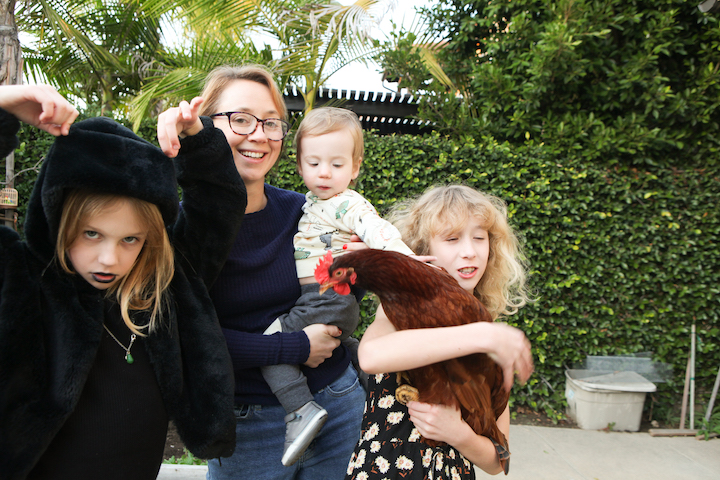My monograph, The Origins of Unfairness: Social Categories and Cultural Evolution, was published with Oxford University Press in July 2019. Below is an abstract. It is available for order on Amazon.
Here is a review by Ann Cudd, here is a review by Aja Watkins and Rory Smead, and one from William Fitzpatrick.
The central aim of this book is to explore the ways that social categories – especially gender, but also categories like race and religion – interact with and contribute to social solutions to problems of coordination and resource division. In particular, this book uses formal frameworks – game theory and evolutionary game theory – to explore the cultural evolution of conventions that piggyback on seemingly irrelevant factors like gender and race to solve these problems. As I argue, these frameworks elucidate a variety of topics from the innateness of gender differences, to collaboration in academia, to household bargaining, to minority disadvantage, to homophily. In particular, these frameworks help show how inequity can emerge from simple processes of cultural change. In groups with gender and racial categories, the process of learning conventions of coordination and resource division is such that under a wide array of situations some groups will tend to get more and others less.
One theme that runs throughout the book is that surprisingly minimal conditions are needed to robustly produce phenomena related to inequity that we usually think of as psychologically complex. It takes very little to generate a situation in which social categories (like gender) are almost guaranteed to emerge. The preconditions under which models move towards outcomes that look like discrimination are, again, very minimal. Once inequity emerges in these models, it takes very little for it to persist indefinitely. Thus, we need to think of inequity as part of an ever-evolving process. It is not something we can expect to fix and be done with. Along these lines, the ultimate picture I present is one where those concerned with social justice must remain vigilant against the dynamic forces that push towards inequity.

